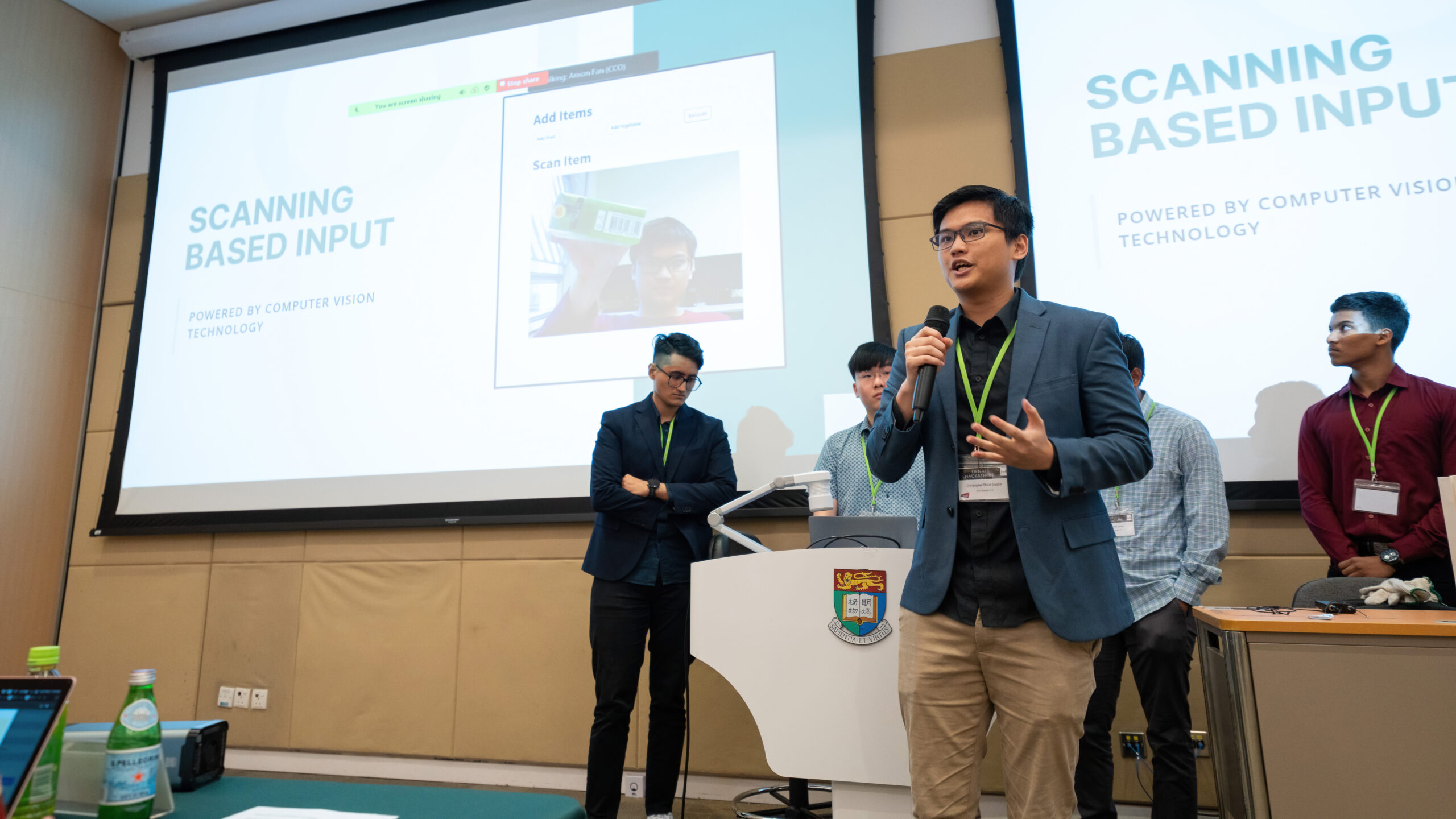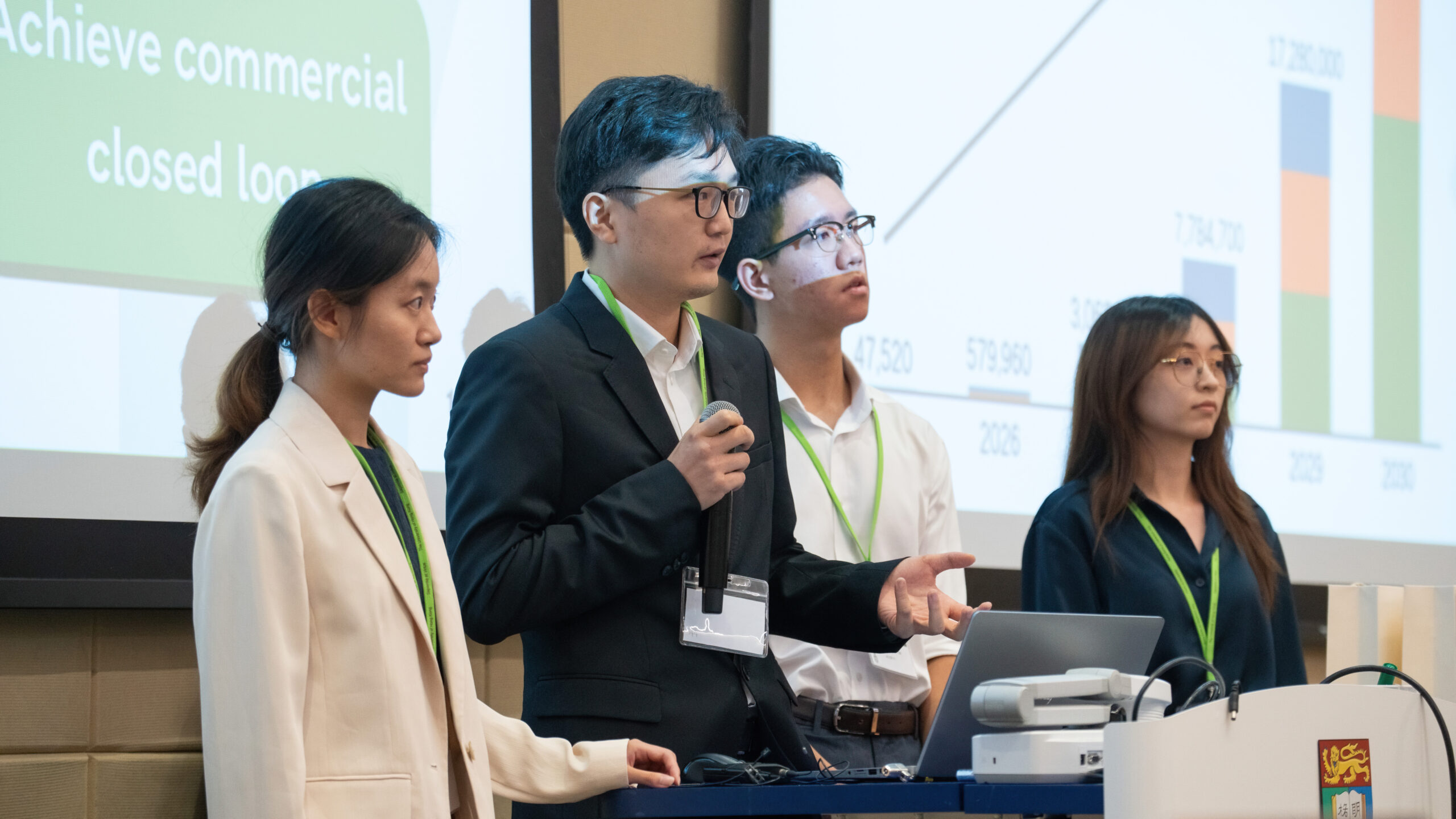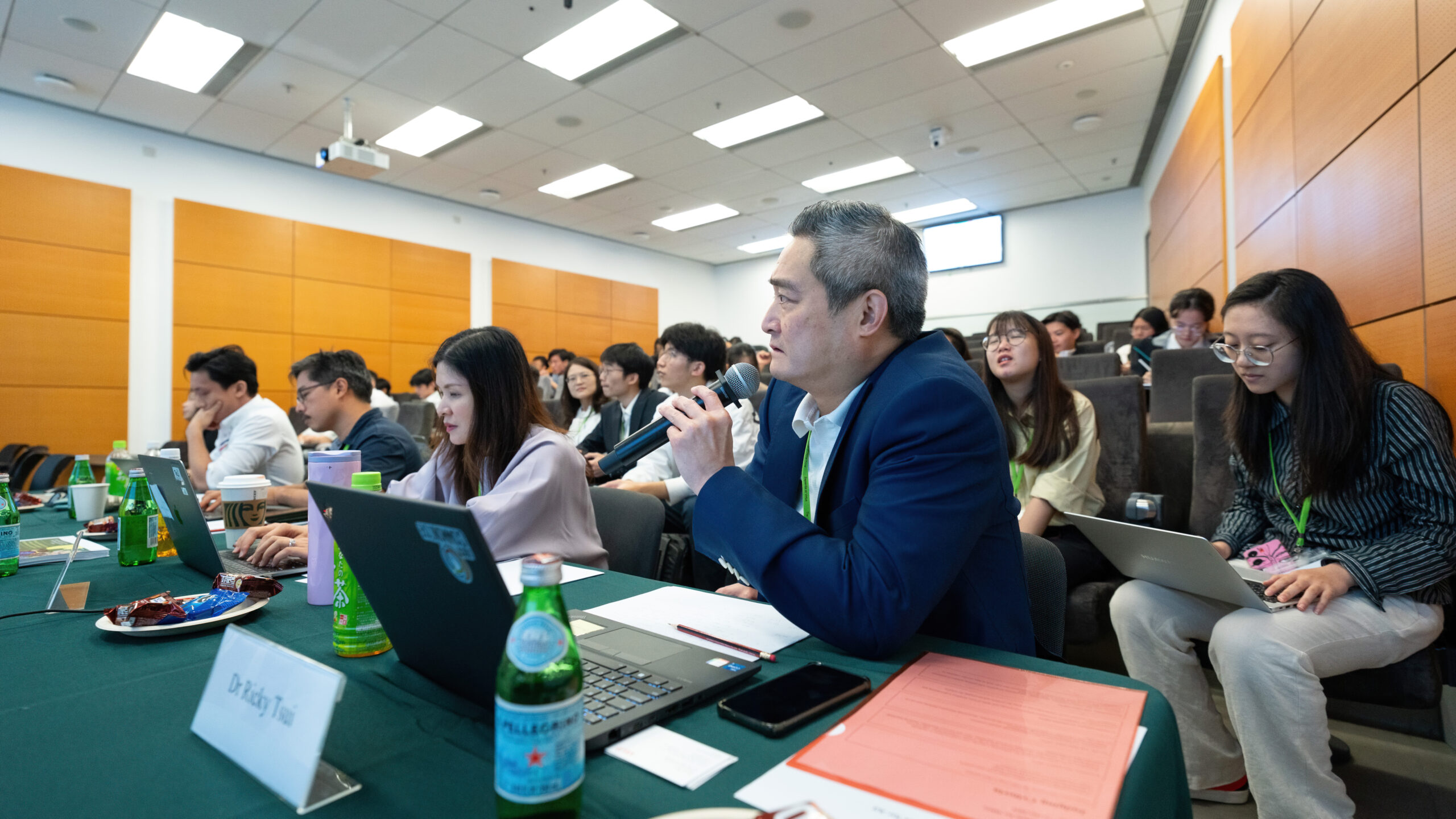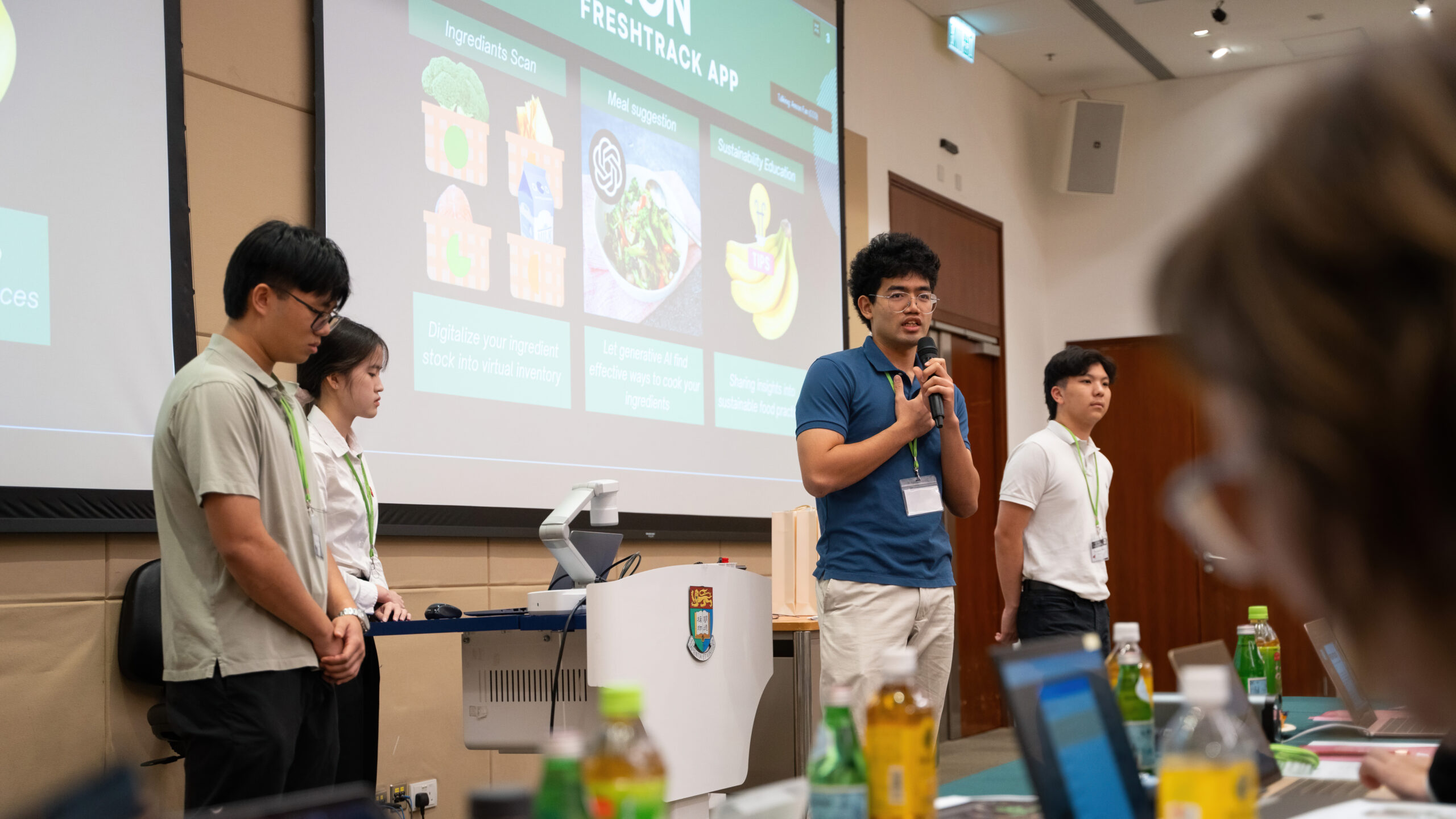The following are the rules for the 2025 Inter-university GenAI Hackathon for the SDGs.
A. Registration
- Students should register individually with their respective universities here. Participation is free.
B. Team Formation
- Each team can be formed with only 3 – 5 students (with at least 50% undergraduate students)*.
- Teams with members from different participating institutions and disciplinary backgrounds are highly encouraged.
- Each student may only be associated with one team.
- Teams may add, remove, or replace team members on or before the interim reporting on 4 Oct 2025.
* Interdisciplinary and mixed university teams may apply for special permission to add a 6th team member.
C. Technology use and stage of entry
- Technology use: Participants are allowed to use any AI-related programming language, tools, or frameworks, as long as they comply with the licenses and terms of use. However, teams must demonstrate how GenAI is utilised in their concepts/ prototypes.
- Stage of innovation: Entry must only be at preliminary conceptual or ideation stage.
D. Submissions
Teams are required to deliver the following:
- Interim report (due 4 Oct 2025): Teams will complete an online report to demonstrate progress.
- Pitch decks with prototype demo (due 25 Oct 2025). To proceed to the final demo day, teams will submit a pitch deck (should show clear framing of social problem, feasible GenAI technology use, and business model/ plan). A demo video or application of prototype is encouraged. Teams selected to pitch on the final demo day (1 Nov 2025) will be announced by 29 Oct 2025.
- A 5-minute pitch, followed by Q&A (due 1 Nov 2025): If selected, teams will be invited to present their ideas to a panel of independent judges on the final demo day.
E. Judging
All teams will be evaluated in accordance with the predefined judging criteria based on the team’s pitch deck, oral presentation, and working prototype. Judges’ decisions will be final.
- Convincing framing of problem (20%): Is the problem well-defined, with evidence or research supporting its importance?
- Prototype/ demo (20%) – Is there a functional prototype or demo illustrating the proposed solution in action?
- Appropriate technical component (20%) – Does the project use GenAI technology effectively and appropriately for the problem?
- Feasibility and impact (20%) – Is the solution realistic to implement and likely to make a meaningful social impact?
- Sustainability and ethics (20%) – Is the solution designed for long-term sustainability and does it consider ethical implications.
Your final submission must not be the same solution or prototype that you have previously submitted for another competition or an assessment. However, you may enter your plans/ideas into other competitions afterwards.
F. Prizes
- Performance: Teams will be awarded prizes based on their performance according to the judging criteria and decision of the judges.
- Split: Prizes will be distributed evenly among the students in the team.
- Payment: Distribution will be made directly by each participating university to their students.
G. Code of Conduct
- Conduct: Participants promote a respectful, inclusive, and harassment-free environment. Any violation of the code of conduct may result in disqualification or removal from the event by the organising committee.
- Plagiarism: Any form of plagiarism will result in disqualification.



Photo: Pitching and judging from previous events.

